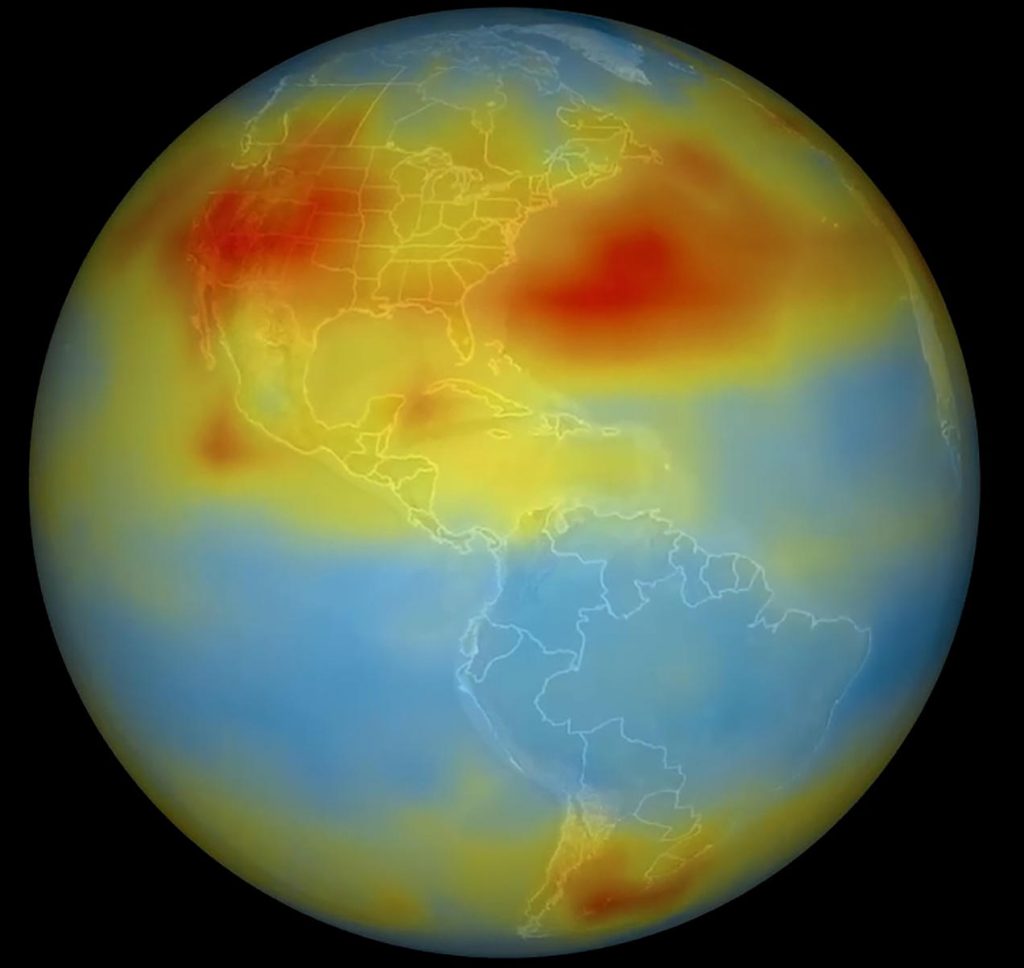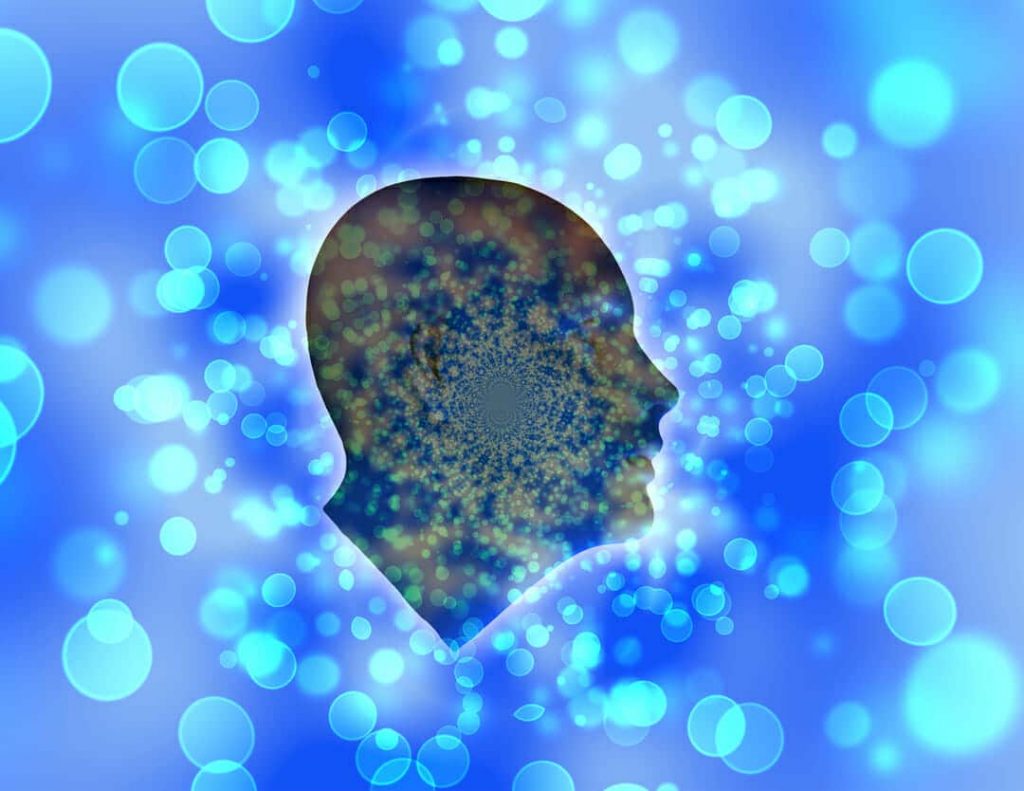An implicit and unexamined premise has crept into the minds of thinking people. It is that science is the highest act which human beings are capable. It is not. That isn’t to say the opposite is—religious faith and belief.
There is a huge distinction between religion and the religious mind. The religious mind is shorn of beliefs and quieted of conditioning. It is far greater than the scientific mind.
Both are necessary, even essential to humanity, but venerating science precludes the religious mind, whereas the genuinely religious mind respects science.

To even speak of ‘the uses of science’ is to be heretical in a nation that on one hand overvalues science and uses it for entertainment and escape, and on the other dismisses and ignores scientific findings about climate change and other ‘inconvenient truths.’
I’ve been thinking on science and spirituality because there’s a media mania about the moon landing 50 years ago this month. For those who can remember Neil Armstrong’s first steps on the moon, Apollo 11 evokes nostalgia for national pride and unity. Of course, the Vietnam War and the assassinations of Martin Luther King and Robert F. Kennedy attest that we had neither at the time.
For those under 5o who weren’t alive during the moon landing, its commemoration evokes fantasies of scientific, technological and commercial expansion into space. What was true in 1969 is twice as true today however: Space travel is juvenile without adequately addressing of our self-made problems here on earth.
Neil Armstrong was born in 1930. He was nine years old when World War II broke out, too young to be part of Tom Brokaw’s treacly ‘Greatest Generation” that fought in the last world war. The Apollo moon missions were the high point of America’s wealth and world dominance, and Armstrong embodied the best of the American character, which has since eroded so badly.
Armstrong first words as he stepped onto the moon, “That’s one small step for a man, one giant leap for mankind” (not “one small step for man,” given the garbled radio transmission of the time) weren’t the spontaneous utterance he later claimed, but carefully chosen and considered before the flight. So even he lied.
As for the flag, NASA was not going to include the Stars and Stripes on Apollo 11, and only did so at the last minute. Even the ex-military pilot astronauts thought erecting the flag was silly, and there was a full 10 minutes of radio silence after they did so. Not out of patriotic reverence, but embarrassment, since it was so patently absurd at such a historic moment for humankind to genuflect before a nationalistic symbol.
Science is not going to lead us out of our morass.
Consider how far we have advanced scientifically and technologically since the moon landings on one hand, and how we far have regressed into nationalism and narcissism on the other.
Scientific fact is a very different thing than the honest and steadfast intent to see and understand what is—truth with a small ‘t.’ And one cannot find out if there is timeless and total Truth unless one diligently strives to see what is within and without, which is constantly changing.
It’s no accident or anomaly that America has a president who lies as effortlessly and unconsciously as he breathes. How many times a week does one hear or utter the absurd notion of ‘my truth and your truth?’ In such a culture, there is no such thing as truth, neither in the dynamic nor in the complete sense of the word.

Is the relativism of science responsible for this state of affairs? Partly, but a more basic reason is that philosophers have denied the possibility of the direct perception of what is. They have maintained the self-fulfilling prophecy that perception is always distorted to one degree or another because we are ineluctably ‘hermeneutical’ or interpretive creatures, and that there is no possibility of directly perceiving what is.
That is one of the primary lies, and we will continue to sink into the fetid swamps of our own making until enough of us challenge it.
Scientific fact cannot substitute for the ever-changing direct perception of the truth. Learning how to do that, and teaching children to do so from the earliest age, humanity will see how to wisely use the discoveries of science.
That’s part of having a religious mind, though it goes immeasurably further than that, voyaging into the pregnant silence of the universe itself.
Martin LeFevre

